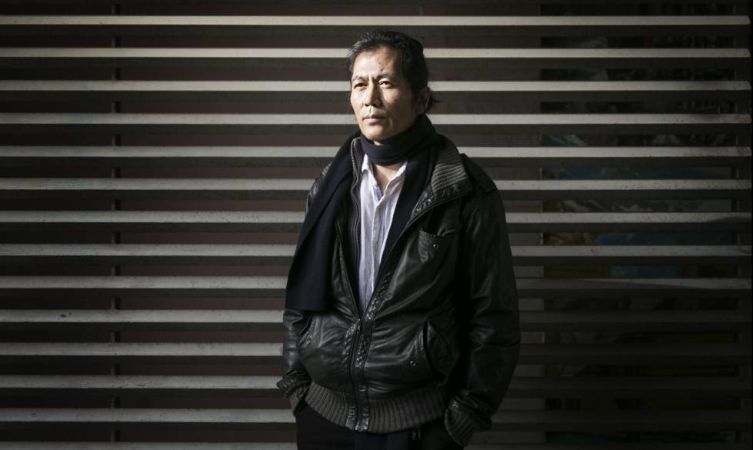The philosopher who deciphered the exhibitionist character of our century: Who is Byung-Chul Han?
Although he has a philosophy himself, he can write without being trapped in the jargon of the philosophy discipline and without worrying about not being understood.

South Korean writer Byung-Chul Han, who has made a name for himself with the books he has written and interviews he has given in recent years, has also managed to attract attention with his criticisms about the subjects that are in the field of interest of social sciences, especially philosophy.
Byung-Chul Han (born 1959) is a South Korean-born philosopher and cultural theorist living in Germany. He was a professor at the Berlin University of the Arts and still occasionally gives courses there.
Han, a philosopher and cultural theorist, was born in 1959 in Seoul; He settled in Germany in the 1980s. After completing his doctorate in Freiburg, Germany, he did academic studies at various universities; In 2000, he joined the philosophy department of the University of Basel, Switzerland. Since 2012 he has been teaching at the Berlin University of the Arts. The author focused on philosophy, German literature, and Catholic theology in the early stages of his academic life; In the following periods, he focused on subjects such as 18th, 19th, and 20th-century philosophy, ethics, phenomenology, cultural theory, aesthetics, religion, media theory, and intercultural philosophy. Byung-Chul Han writes his works in German.
The most important feature of the author is that he examines the subjects he deals with from the lens of different disciplines and tries to elaborate and illuminate the subjects in question within the fluidity and mediocrity of daily life. As a matter of fact, it can be seen as his greatest achievement that he presents even the topics that are extremely difficult and require serious academic baggage to be understood in a language and style that everyone can understand. Because although he himself has a philosophy, he can write without being trapped in the jargon of the philosophy discipline and without worrying about not being understood.
In his works, the author tries to make the philosophy of sociology and the epistemology of politics, on the other hand, to problematize the political causes of the ontological crisis in contemporary civilization. As a cultural theorist, Han has done research on many subjects from ethics to aesthetics, from media to religion, and from culture to politics. His books, which have also been translated into many languages, focus on power relations, which are often lost in the fluidity of daily life and can only be seen when looked at deeply, and the social networks and structures that produce these relations. It focuses mostly on the power of today's neo-liberal regime, which has separated from the disciplinary society and reconstructed itself, often by providing voluntary obedience.
If we list his important books: Topology of Violence, Transparency Society, The Smell of Time, Eros' Suffering, Psychopolitics: Neoliberalism and New Power Techniques, Society of Fatigue, What is Power?, Saving Beauty, The Smell of Time, Capitalism and the Death Drive.
The main concern of the author and at the same time the main message that he wants to convey to the reader is that the post-modern societies we live in cannot be free as is thought or thought and that they cannot be free as long as the current capitalism's political economy continues. The author, who thinks that this political economy, which eliminates the possibility and potential of the individual to think about himself and transforms him into the object of the established order, dominates not only man but also all other living beings, claims that the ultimate salvation lies in man's recognizing himself and gaining his freedom. is doing.
In conclusion, according to Byung Chul Han, the late modern period person, who has all kinds of possibilities and cannot get rid of the delusion that he is free, has to face his own reality. In fact, humanity, which thinks that it has achieved everything, is left with nothing but healthy life hysteria. Because life has been emptied of all kinds of narrative content. The loss of ideal values has left only the exhibition value and the health value of Ben, who is constantly seeking attention.
